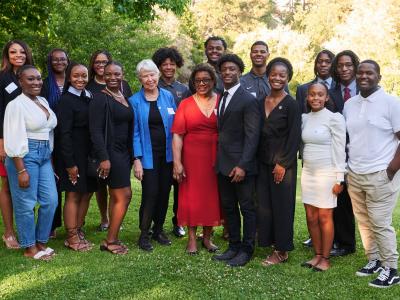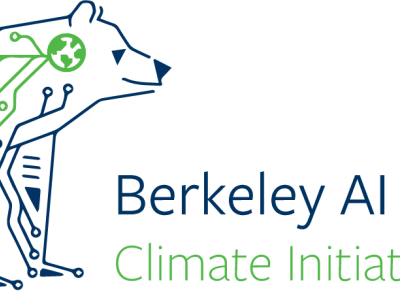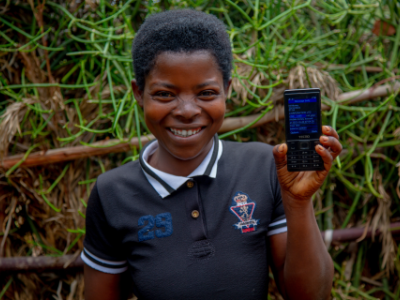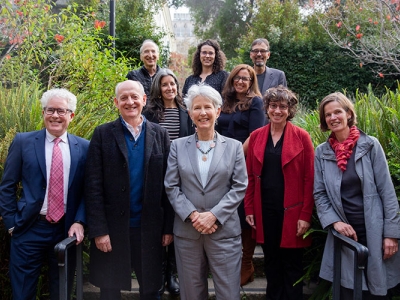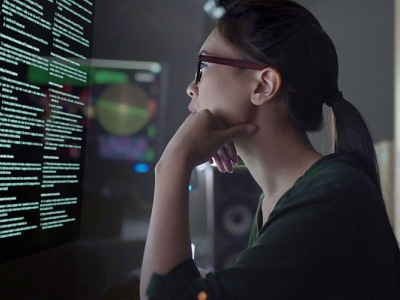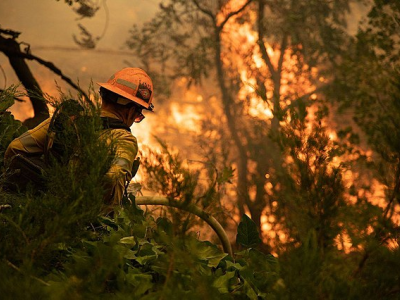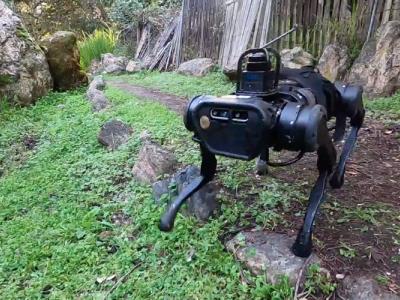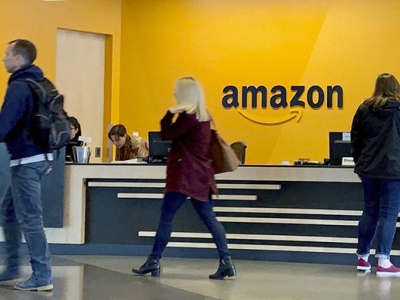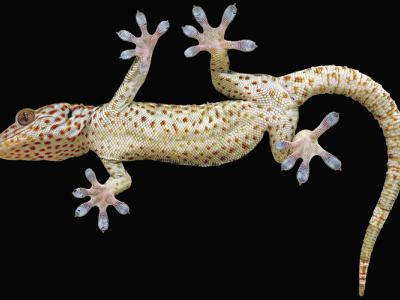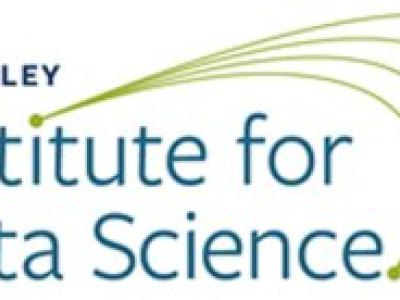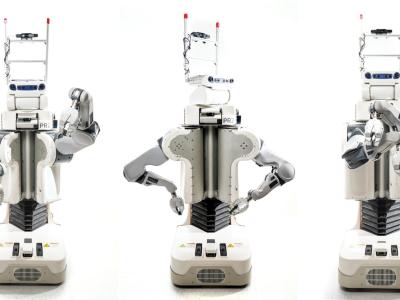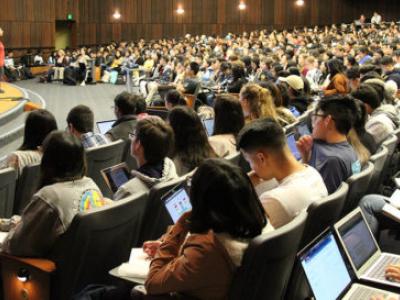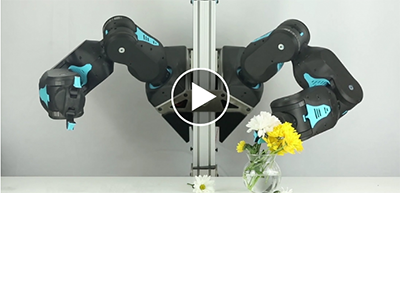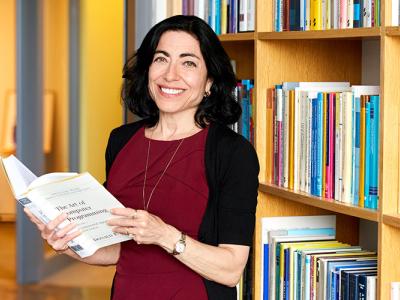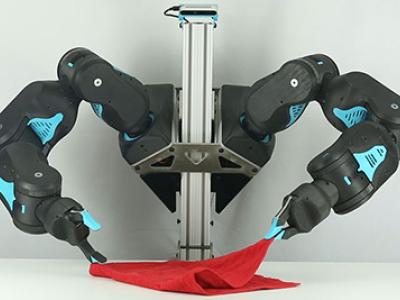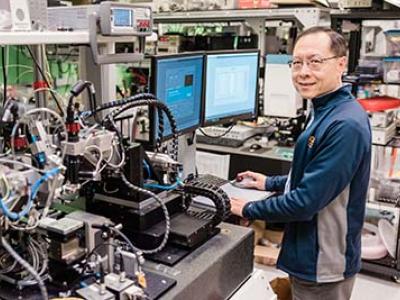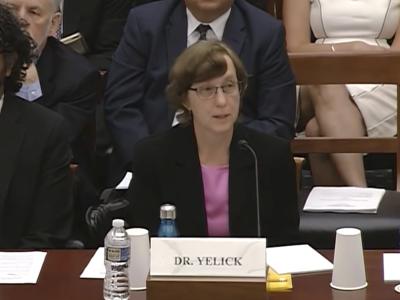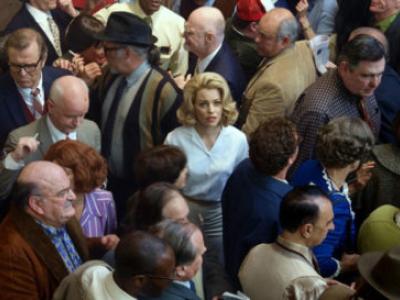AlphaGarden, a new project at Berkeley's AUTOLAB robotics laboratory, aims to develop AI systems for polyculture gardening. The AUTOLAB is best known for its DexNet system for robotic grasping. This project will see if humans can train robotic systems to fully automate the tending of a garden with multiple species of plants. Whether or not they can succeed is an "open question," says industrial engineering and operations research professor Ken Goldberg, AUTOLAB's director. "It certainly might be interesting to be able to have a fully automated garden. In my own view it's probably unlikely to be viable as a real functioning productive garden. I think that it's going to be very hard to learn, and that's the art side of the lesson, which is that nature is very complex, and that we can put some very complex machinery on it, but it's not going to necessarily open up and be controllable." Due to the COVID-19 pandemic, students working on the project will now use simulations and models, instead of a campus greenhouse. "For every real garden, we have 100,000 or millions of gardens that can be generated," Professor Goldberg says. "This runs at 100,000 times faster than nature so you can accelerate time dramatically, and for each one you can say, 'Well, if I tweak these parameters in my control policy, here's what the outcome will be in terms of how often you water, in what conditions you water, etc.'"




